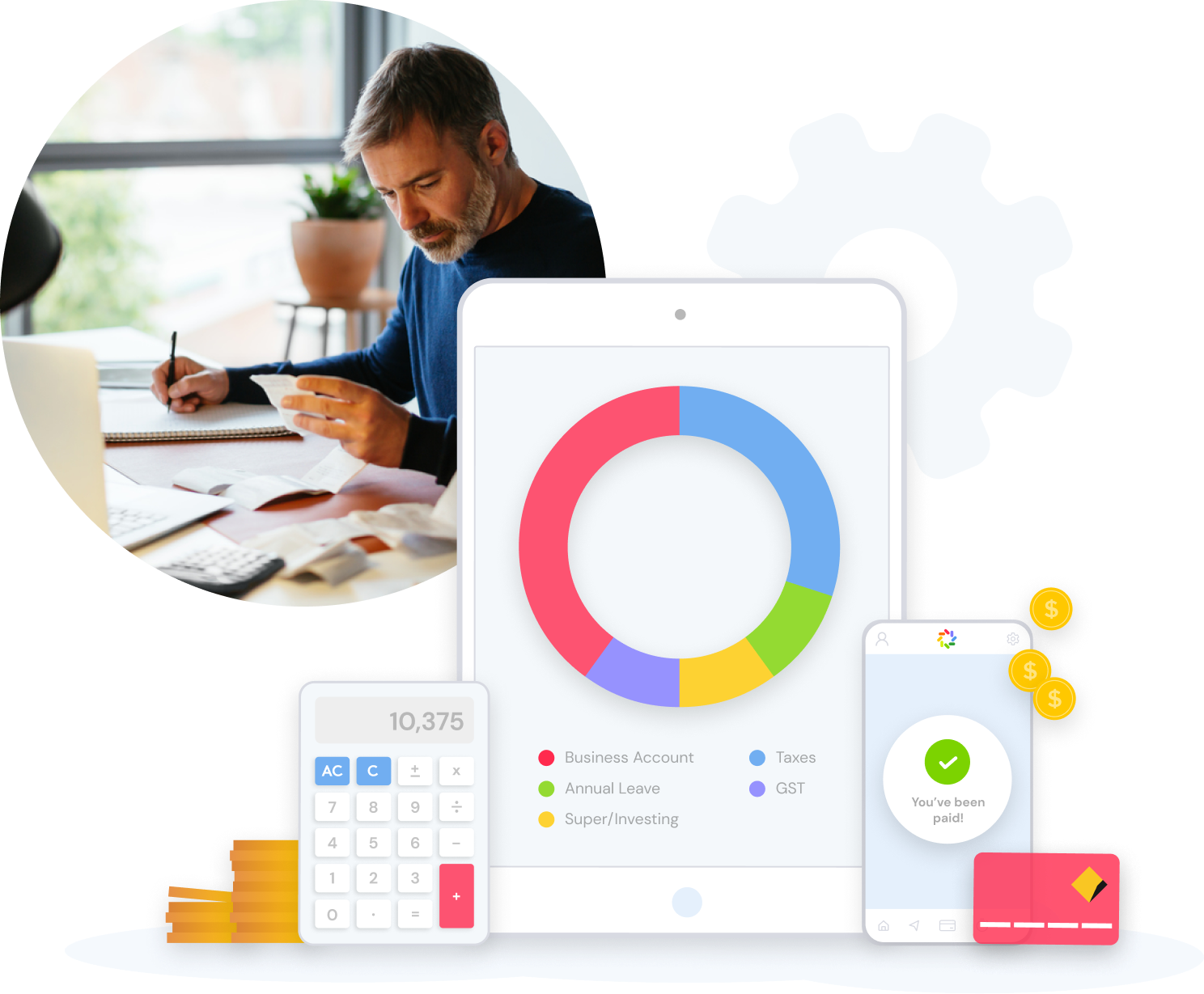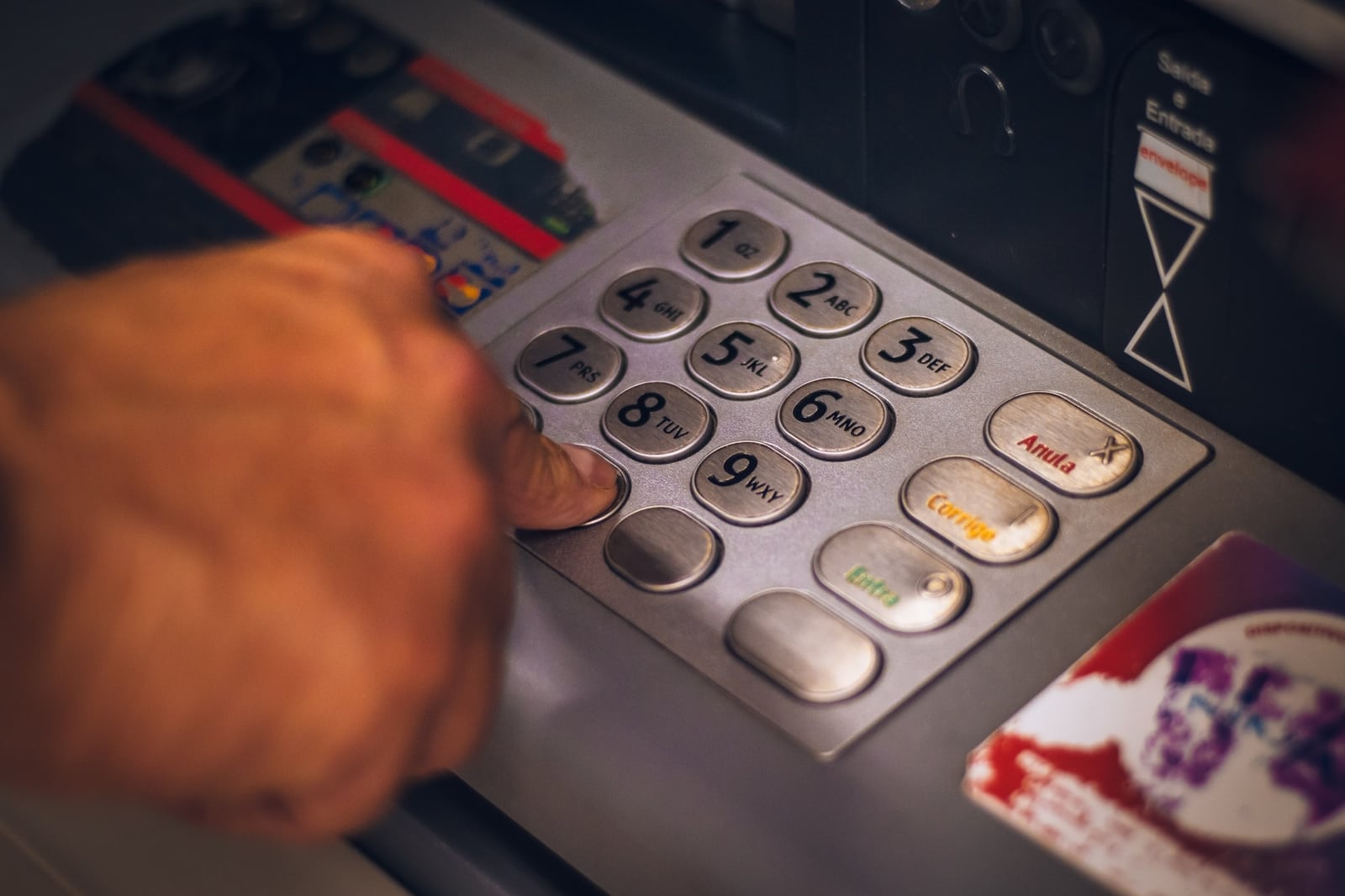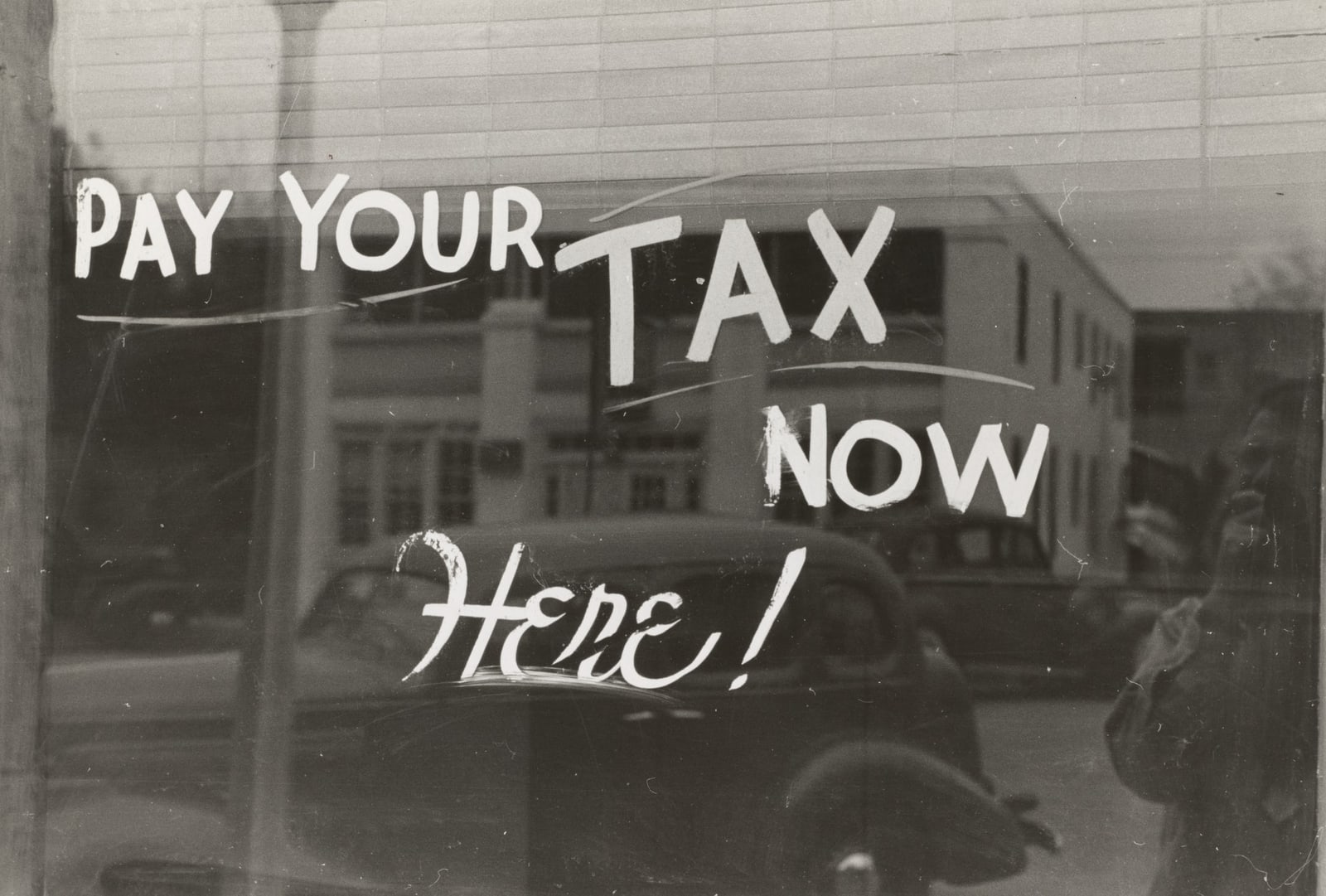Managing Your Money
Taxes, GST, BAS, invoices… it’s a lot to get your head around!
Sole trader finances are Rounded’s bread and butter. We help freelancers around Australia manage the money side of their business, so they can focus on everything else. It’s no surprise that a number of Rounded users had more insights on how to stay on top of your income and expenses.

Don't be afraid to chase an overdue invoice. Keep your tone friendly and positive and offer the opportunity to speak with you about an alternative if their circumstances have changed. By taking away the stigma around money, you'll find clients are able to open up about any issues they might be facing, and you'll be better placed to know when money is actually coming in.

When a client says their budget is tight, offer them a discount instead of lowering your entire rate. That way it's clear that you're doing them a favour. It's easier to remove a discount than to increase your prices when the client has recovered.

Have financial processes in place from the start, and stick to them. Be clear about the services you are providing. Detail them in a statement of work for your client, and get them to sign off on it. Always get payment in advance and clearly outline your pay schedule. For example, you may ask for 50% upfront and 50% on delivery or 30% before, during, and after.

Treat yourself like an employer. Think about the things you need beyond compensation. Give yourself other perks, like a monthly ebook stipend or a day off on the first Friday of each month.

I put off sorting out finance software for years because I felt like I couldn't afford to invest in it. When it came to tax time every year, it took me hours and hours to get organised using spreadsheets. It ended up costing me more in time than the software would have been in money. All I really needed to do was find a cost-effective platform (Rounded!) that wasn't going to break my freelance bank account and would save me hours of headaches. My only regret is not signing up sooner.

Put aside money for research and new machinery/materials/software etc. Even if it hurts. It will be ultimately the only way you will move forward as you do bigger more complex work.
Understand that you shouldn't price based on time. Pricing based on time is the worst thing you can do as it turns you into a commodity, and forces you to have a bad relationship with your clients. Focus instead on the value you bring, and anchor your price against specific pain points!

Invest in a great tax accountant who understands the freelance space! It will pay off in how much you save on your tax bills every quarter.

Understand what your time is worth. Even if you are quoting a job on a project basis, you must be sure to add in the time you’ll spend on things like revisions, presentations, meetings/briefings, project management, and admin. All of that goes over and above the actual work to be delivered. Failing to quote for all that extra time can be a costly mistake.

Money comes, money goes - which is why you need to be very careful when you get money in your account. Always be in saving mode, and the months you make more money, it's a sign for you to save more, not spend it all. You never know when a bad month can hit, and you're going to need the money. Always be prepared, rather than caught in the storm.
You need a healthy balance of pessimism and optimism if you are to be successful in freelancing. When bills are due and you have not had a gig in over a month it may already be too late to realize this. You need to acknowledge that this might not work out so it’s best that you also take advantage of other opportunities while your freelancing.

Bucket all your expenses into different savings accounts. For every dollar I earn, I immediately sideline my GST, plus 30% into an account for tax, 10% into an account for annual leave, 10% into an account for Super/investing and put the rest directly into my business account. I then pay myself monthly from that account into my everyday spendings, and slice off my own personal savings from that, just like you would with a salary from an employer. This means you can easily see your financial situation at a glance, plus no nasty surprises when a tax bill arrives!







-p-1600.jpeg)







